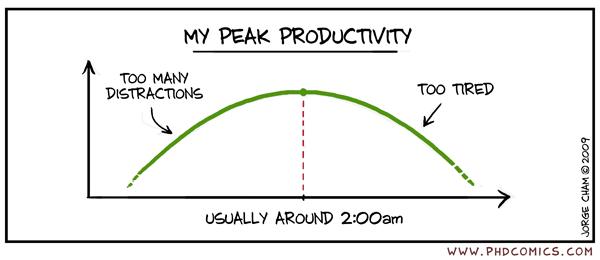 The current edition of Times Higher Education (I can’t get used to this odd title, I keep wanting to add “Supplement“; but it was dropped some time ago, so I must resist the temptation) has articles on the temptations that academics and students find hard to resist.
The current edition of Times Higher Education (I can’t get used to this odd title, I keep wanting to add “Supplement“; but it was dropped some time ago, so I must resist the temptation) has articles on the temptations that academics and students find hard to resist.
First, the academics:
The seven deadly sins of the academy
… The inward-looking, incestuous atmosphere of university life has long made it a breeding ground for some of the canonical deadly sins. … It would not be hard to draw up a list of traditional academic deadly sins on the basis of such examples. But how many have survived in today’s academy …? Which have disappeared? And, assuming goodwill hasn’t broken out on all sides, what have they been replaced by?
Modernisation and a huge expansion of the sector have brought fresh air into even the stuffiest quadrangles. So, if people in general are subject to avarice, envy, gluttony, pride, lust, sloth and wrath, what are the vices particularly prominent on campuses and in common rooms now? …
The answer, it seems, is:
- Sartorial Inelegance (this matter is always in the eye of the beholder, especially if my tie is too loud);
- Procrastination (this post is evidence that I occasionally succumb, though elsewhere in the THE there is an article advising academics to blog, so really, I’m working, honestly, I am …);
- Snobbery (this will, no doubt, be presumed against me, based on where I work, so I’ll just move swiftly on, waving at the riff-raff [add insulting link to taste here] as I go);
- Lust (no comment; does the Fifth Amendment apply in cyber-space?);

 from Dr Gernot Biehler – An Appreciation
from Dr Gernot Biehler – An Appreciation
 The letters’ page of the Irish Times as often features well-crafted prose and well-argued cases as it does pithily funny remarks and occasionally insane arguments. In any event, a letter often serves either to remind me of an article I had not properly considered, or to bring to my attention a piece I had simply overlooked at the time. There is a letter in today’s Irish Times which serves the latter function, referring to a piece last week which I had missed:
The letters’ page of the Irish Times as often features well-crafted prose and well-argued cases as it does pithily funny remarks and occasionally insane arguments. In any event, a letter often serves either to remind me of an article I had not properly considered, or to bring to my attention a piece I had simply overlooked at the time. There is a letter in today’s Irish Times which serves the latter function, referring to a piece last week which I had missed:

